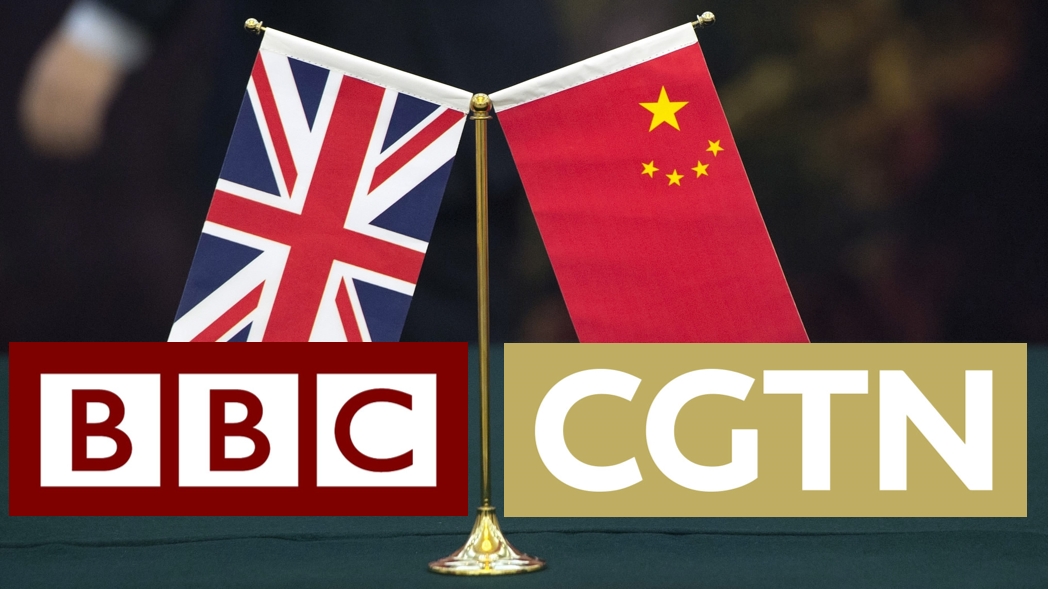
Tit4tat: UK bans CGTN; China bans BBC
Virendra Pandit
New Delhi: Days after the United Kingdom revoked the license of official Chinese broadcaster CGTN, Beijing also banned the BBC, media reports said.
While the British regular Office of Communications (Ofcom) took action against CGTN for “breaking the UK’s laws on state-backed ownership”, China banned the BBC World News, accusing it of flouting guidelines after a controversial report on its treatment of the restive Xinjiang’s Uighur Muslim minority.
Reacting to China’s ban on BBC, London accused Beijing of “censorship.”
Relations between China and Britain have come under increasing strain after Beijing tightened screws on Hong Kong. Last year, China introduced new security regulation in the former British colony to check the pro-democracy movement.
A few months ago, Britain had also banned Chinese telecoms group Huawei from involvement in its 5G network after the United States suspected it of possible involvement in espionage.
In a statement, Beijing’s National Radio and Television Administration said BBC World News reports about China were found to “seriously violate” broadcast guidelines…including the requirement that news should be truthful and fair” and not “harm China’s national interests”.
Reacting to the ban, the BBC said it was “disappointed” with the move, which applies to mainland China, where the channel is already censored and restricted to international hotels.
“The BBC is the world’s most trusted international news broadcaster and reports on stories from around the world fairly, impartially and without fear or favor,” the broadcaster’s spokeswoman said.
UK Foreign Secretary Dominic Raab called the ban on BBC “an unacceptable curtailing of media freedom”.
“China has some of the most severe restrictions on media and internet freedoms across the globe, and this latest step will only damage China’s reputation in the eyes of the world,” he added.
In Washington, State Department spokesman Ned Price condemned the ban on the BBC and appealed to China to allow an “informed citizenry” that can freely exchange ideas.
“We call on the People’s Republic of China (PRC) and other nations with authoritarian controls over their population to allow their full access to the internet and media,” Price told journalists.
British MP Tom Tugendhat, who formed the China Research Group of like-minded MPs, criticized the move as “both regrettable and entirely unsurprising”.
“The (Chinese Communist Party’s) increasingly aggressive approach to foreign media, while promoting its own state media outlets across the globe, is an issue which deserves far more scrutiny,” he said, according to media reports.”
To the chagrin of China, the BBC has been airing hard-hitting reports. These included a documentary that accused China of covering up the origins of the COVID-19 pandemic around the city of Wuhan in late 2019, and a February 3 report detailing accounts of torture and sexual violence against Uighur women in Chinese camps.
The Chinese foreign ministry dismissed the BBC investigation as “false”. The British government said it showed “clearly evil acts”. The US State Department also condemned it.
Last week, China had said Ofcom’s decision to pull CGTN from the airwaves was based on “ideological prejudice and political reasons”.
Ofcom said CGTN’s license holder, Star China Media Ltd, had failed to show it had editorial oversight over the network and that a proposed transfer to another media group would still keep it tied to the Chinese Communist Party.












